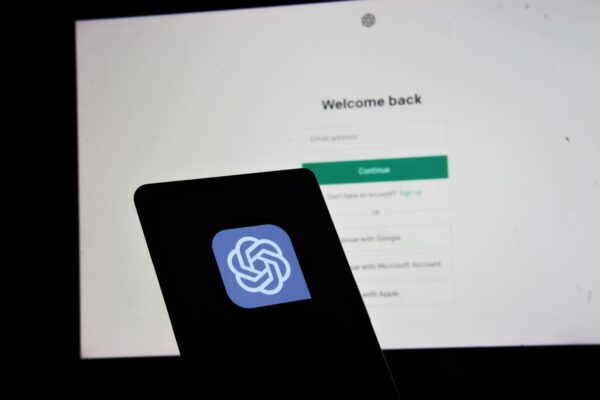
Hello, my name is Jack Saben, and this assignment has been typed using voice Typing on Google Docs.
I am someone who didn’t learn how to type very well when I was growing up. This is partially due to having some manual dexterity issues because of a connective tissue disorder, but it’s also because it’s just difficult to become a very efficient typist. Before Kaori and Tracy’s presentation, I actually didn’t know that Google Docs had a speech-to-text feature built in. I use Google Docs for all of my assignments because of the shareability and the simplicity of the platform. Google voice typing debuted in 2016, which means that I have not been using this speech-to-text feature although I could have been since I started University in 2017. I have spent many hours being frustrated by spelling and typing for school assignments. I’m not a slow or ineffectual writer by hand, nor am I bad at spelling. However, I have always struggled with translating my words onto the computer. I have really enjoyed making podcasts for this and other classes over the past several years at University, and I think this is partially because I was able to put my thoughts into spoken rather than typed words.
I have many thoughts about this technology as something that can and likely should be widely used. I am benefitting from this software and I don’t even have a learning disability. My issues with typing have never stopped me from typing, they’ve just made it more difficult. This is an incredible technology for people who have the same or worse fine motor functions than I do. For so many people in the world, their differing abilities have fully stopped them from being able to type into the computer. In an enormously digital world, that is such an frustrating and challenging setback. Although it requires a reasonable amount of editing, as the software is not 100% accurate and doesn’t type in a way that is natural to read, the text generated from speech to text functions is still effective at taking one’s thoughts and putting them into the digital world. Additionally, when reading back my spoken words compared to if I were to just type these words, I prefer my own writer’s voice in the latter case rather than the former. This is, however, a small price to pay for removing a large amount of difficulty from the writing process.
We are not all “writers” in the professional sense, but we are all communicators and we all need ways to share our ideas, from the big to the small. This sentiment is just one small slice of the broader message that Kaori and Tracy were sharing with us in class. I’m not a person that feels uncomfortable or confused about inclusion and/or diversity. but, understanding and using some of the pieces of the technology that were shared and watching the videos that were shared from people whose lives are greatly benefited by some of these technologies and practices was eye-opening for me. As usual, it is always good to have access to and have knowledge about new tools and resources that I can use and share in my own practice. And on a personal note, I am grateful that I know about some of these technologies, because I’m using one right now for the very first time and it is making me rather emotional in a positive way.





